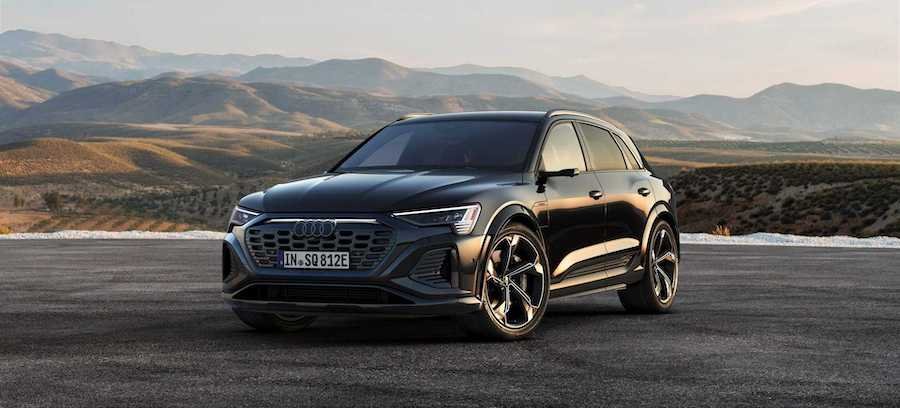Audi To Build Electric Vehicles At All Factories From 2029

Audi has already announced it will only introduce electric vehicles from 2026 and phase out models powered by combustion engines by 2033. Reaffirming its commitment to EVs, the Four Rings are planning to build zero-emission vehicles at all factories by 2029. It's already happening at the Böllinger Höfe (Germany) and Brussels (Belgium) sites, with Ingolstadt (Germany) to follow next year when the Q6 E-Tron will begin to roll off the assembly line.
Within the next six years, EV production will commence at the Neckarsulm (Germany), San José Chiapa (Mexico), and Győr (Hungary) plants. Audi says it'll build new factories only in regions where additional production capacity is needed. To that end, a new manufacturing site is being built with partner FAW in Changchun (China) for PPE-based electric vehicles. Construction will be finalized by late 2024.
At the same time, Audi will invest approximately €500 million by the middle of this decade to train its employees for EV production around the world. The luxury brand part of the Volkswagen Group has set an ambitious target to cut annual factory costs in half by 2033. Achieving this goal will be possible by reducing complexity with more EVs and fewer ICEs. A streamlined production process will be implemented right from the start. The Q6 E-Tron will be assembled on the same assembly line as the A4 and A5, with electric cars to gradually replace combustion-engined models in the coming years.
Lest we forget Audi has already signaled the demise of two conventionally powered cars by revealing it doesn't intend to renew the A1 supermini and Q2 subcompact crossover after the current-generation models run their course. In addition, the V10-powered R8 supercar is going away while the more affordable TT sports car is also on its deathbed.
The flagship A8 is likely to transform into a flagship EV later this decade, with future electric cars to be molded after Audi's Sphere concepts. The next one, dubbed Activesphere, will premiere on January 26.
Verwandte Nachrichten
